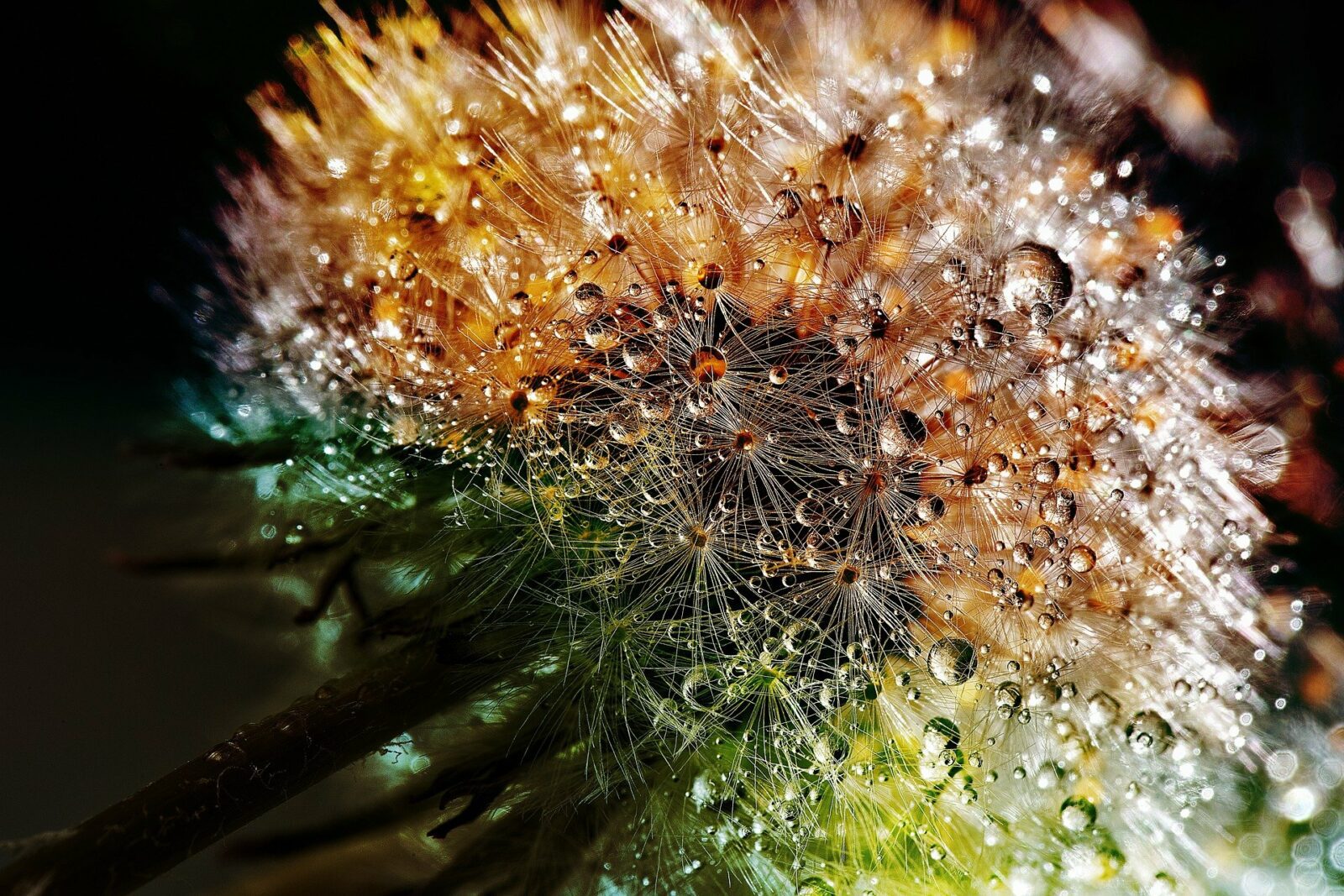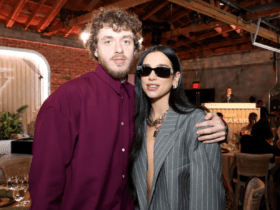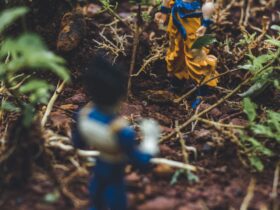Plants transformed Earth, and they might have created the environment that supports life as we know it today. More than 500 million years ago, they transformed from algae to land plants, and they managed to cool the temperature on your planet by feeding on the carbon dioxide from the air. The soil was built through rock erosion, and ultimately, these factors led to the biosphere we have in our current day.
Science shows that the first plants that lived on land were quite simillar to moss and they were small in size. Now scientists have the chance to learn more about the history of plants through a unique discovery. In Western Australia, researchers found fossilized spores from 480 million years ago. The spores were found in rock samples, and they belong to ancient algae, as well as early plants that lived on land. Researchers used data provided by the WA government to make this discovery possible.
The new discovery might help further research discover on which continent land plants first existed. As spores were discovered on multiple continents, researchers have not pinpointed yet the original location of land plants.
The “colonization” of land by plants is believed to originate 515 million years ago based on calculations that used the found fossilized plants. The most recent plant stem that was found fossilized dates from the mid-Silurian era that existed 430 million years ago.
Ancient spores are usually found in groups of four or two cells. Researchers have discovered 505 million years old spores in the United States and they are believed to belong to charophytes, a type of algae that lived semi-aquatically in freshwater. Because it had to resist the merciless sun rays, charophyte mutated to withstand UV rays.















Leave a Reply